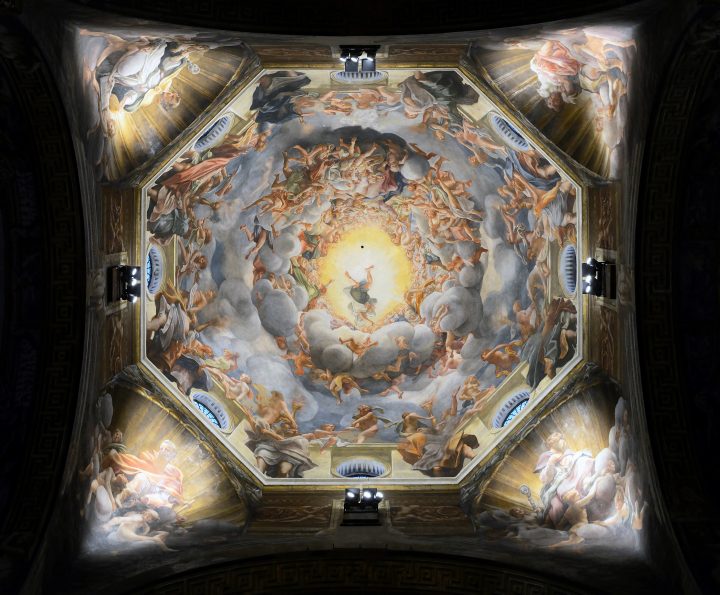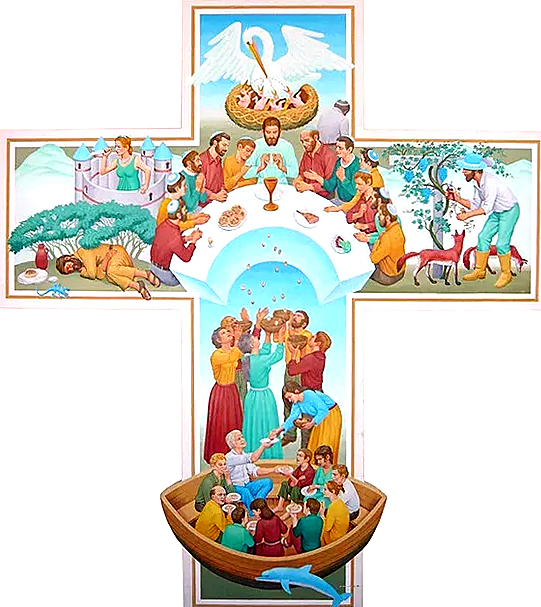Photo by Roberto Nickson on Unsplash
Streams will burst forth in the desert,
and rivers in the steppe.
The burning sands will become pools,
and the thirsty ground, springs of water.
(Isaiah, 35:6-7)
Fr. Smith’s Commentary on the Second Reading
Twenty-third Sunday in Ordinary Time
Letter of St. James 2:1-6
September 5, 2021
We continue today with the Letter of St. James. It was, as we discovered last week, written by a Jew to fellow Jews. Whether the author was James, the kinsman of Jesus or not, he had significant prestige among the people and insight into their communities.
These communities were within the Roman empire. It was part of the managerial genius of the Romans to realize that they could not directly administer every aspect of life, especially in small towns in faraway places. Therefore, they used the native ruling elites to maintain order and peace. We see this with the trial of Jesus. The priests were the local elite entrusted with this task and they first examined Jesus. When they deemed him a greater danger than a mere rabble rouser and thought he needed to be put to death, they needed the Romans to approve and perform the execution.
Continue reading “Needing All Our Brothers and Sisters to be Saints”





